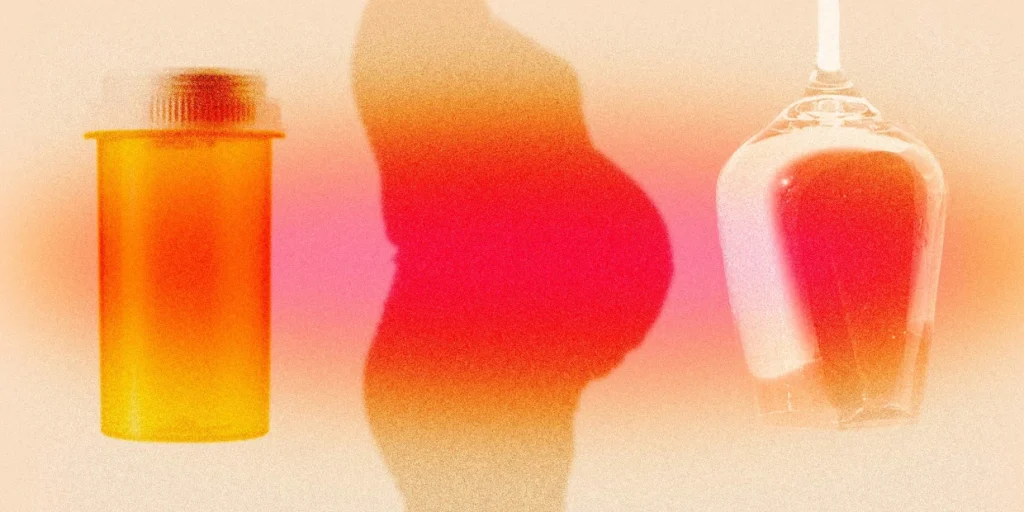Drug addiction among pregnant and postpartum women is a public health crisis that has been compounded by a growing fear of punitive child abuse laws. These laws are often interpreted in such a way that they consider substance use during pregnancy as a form of child abuse, potentially warranting criminal charges. In consequence, pregnant women struggling with addiction often find themselves in a dangerous catch-22 situation: either they risk their health and the health of their unborn child by not seeking help, or they face the terrifying prospect of losing their children to state welfare authorities.
Brandi Williams, a woman from Tennessee, illustrates the grim reality of this predicament. She recalls driving herself to the hospital while in full-blown labor, compelled to intermittently blow into a car breathalyzer due to her friend’s drink-driving restrictions. Her addiction to crack cocaine had consumed her life to the point where she was still using even while pregnant, a fact she admits brought her a great deal of shame.
Healthcare providers are clear that treatments for drug addiction, like methadone and buprenorphine, are safe for both the mother and baby. These medications can help manage cravings and ensure a full-term pregnancy. However, shame and stigma combined with the fear of punitive child abuse laws discourage many pregnant women from seeking these life-saving treatments. This fear is so potent that the decision to take anti-addiction medicines is closely tied to the risk of mandatory reporting to Child Protective Services at the time of delivery, according to a recent study published in the Maternal and Child Health Journal.
The Child Abuse Prevention and Treatment Act (CAPTA) is at the core of this problem. It has been revised over time and now includes a provision that suggests child abuse can include babies born affected by drug withdrawal. This law has been interpreted differently across states, with 25 states and Washington, D.C. considering substance abuse during pregnancy to be child abuse, mandating healthcare professionals to report any suspected prenatal drug use to authorities.
This interpretation has brought about a wave of criticism from experts across various fields. Many are calling for the decriminalization of drug use during pregnancy, arguing that addiction is a health issue rather than a criminal offense. Dr. Nora Volkow, head of the National Institute on Drug Abuse, unequivocally states, “We should remove criminalization of women who are pregnant and taking drugs. That needs to stop.”
Amidst this, the numbers continue to paint a grim picture. The rate of women with opioid-related diagnoses at the time of delivery increased by 131% from 2010 to 2017. Furthermore, drug overdose has become the No. 1 cause of preventable death among pregnant and postpartum women.

Resources for pregnant women struggling with addiction are critically needed, but access remains a significant issue. Addiction specialists may be hesitant to treat pregnant patients due to the perceived risks, and many obstetricians are not adequately trained in addiction care, creating a gap in treatment availability.
Brandi Williams’ journey to recovery demonstrates that overcoming addiction, while challenging, is possible. Now sober, employed, and pursuing a degree in psychology to help others in need, Williams is a testament to the resilience and strength that individuals can summon in their battle against addiction. Her story underlines the need for a comprehensive approach to drug addiction that combines effective treatments, support services, and compassionate care, free of punitive threats. In turn, society must reassess its approach and start prioritizing the health of the mother and child over punitive measures that may deter them from seeking help.
